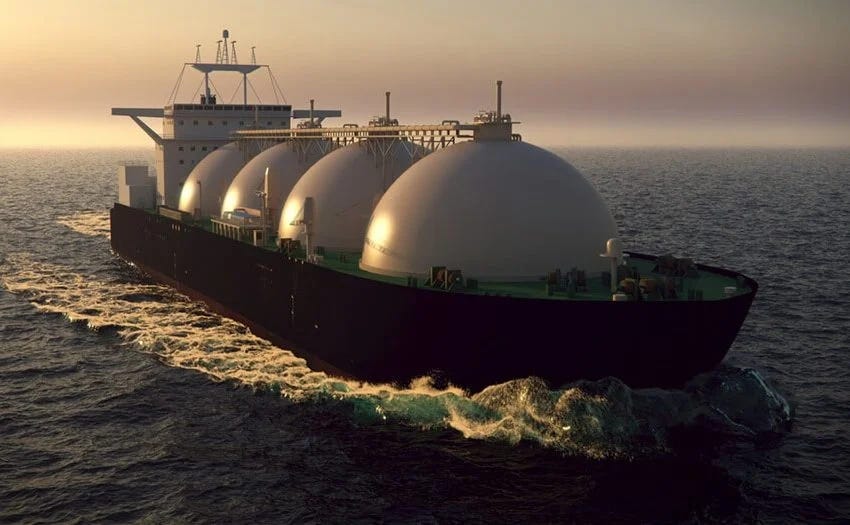Iraqi Energy Integration into IMEC: A Gulf Effort to Counter Iran
Washington's punitive measures aim to bring Iraq closer to the IMEC while Tehran continues to seek alternative financial partnerships.
The Gulf and Turkey are set to deliver electricity to Iraq, following the Trump administration’s cancelling of a seven-year-old sanctions waiver. The previous policy allowed Iraq to purchase much-needed electricity from Iran. Baghdad warned that being removed from Iran’s electricity grid would be catastrophic for the already struggling country, a situation which the Gulf has been seeking to exploit. As such, increased GCC and Turkish investment in recent times point to a desire to integrate Iraq into an expanded Abraham Market. Iraq appears to be leveraging this interest by playing both routes: the Iraq Development Road and the IMEC. These efforts, to Washington, aim to further isolate Iran into submission. However, the Islamic Republic has been preparing for such a ‘maximum pressure’ scenario by de-dollarising and forging stronger partnerships.
GCC, Turkey, US for an Iraqi IMEC Stop
Contrary to popular rhetoric, Iran does not rely as heavily on Iraq for sanction evasion or trade, for that matter; rather, it is Baghdad that is tied to the Republic in terms of oil and gas, spending over $4 billion annually on imports. Almost half of Iraqi electricity is powered by Iranian energy.
Tehran's purported dependency on Iraq is being used as justification for Iraq's potential integration into an IMEC trade route. The GCC, led by Abu Dhabi, has been ramping up engagement with the country in this pursuit. BP’s return to the Iraqi oil sector in Kurdistan is being supported by the UAE, alongside a recent $2 billion investment in a Kirkuk refinery. Similarly, a historic GCC-Iraq deal signed last year to connect electricity grids will further integrate it with the bloc. These efforts aim to make Baghdad more dependent on Gulf investments and, by extension, an Abraham Market-based future. The end goal would effectively sideline Tehran in regional interconnectivity efforts, further intensifying the US-led ‘maximum pressure’ campaign on the Iranian regime.
President Trump coined the term for this economic warfare during his last term, but the strategy had been employed by previous administrations. Washington has renewed these efforts, most recently with sanctions on five Iraqi banks. The aim was to further disrupt Tehran's international dealings. Together, the US-Gulf push to further ‘choke’ the Islamic Republic has culminated in Washington’s decision to end Iraq’s sanctions exemption. The development coincides with the commencement of construction on a GCC-sponsored gas pipeline in Basra, which is expected to be completed within the next four months. Coupled with the recent announcement regarding the doubling of gas imports from Turkey, the US decision to cut Iran-Iraq ties is serving as a speed-run to Iraqi integration.
These punitive measures arguably hurt Iraq more, given Iran's relative independence, which helps the Islamic Republic withstand increased economic warfare. Similarly, with recent Russo-Iranian de-dollarisation efforts, along with steps taken to pave the way for such a move with Afghanistan, this decades-long economic isolation could be coming to an end.





